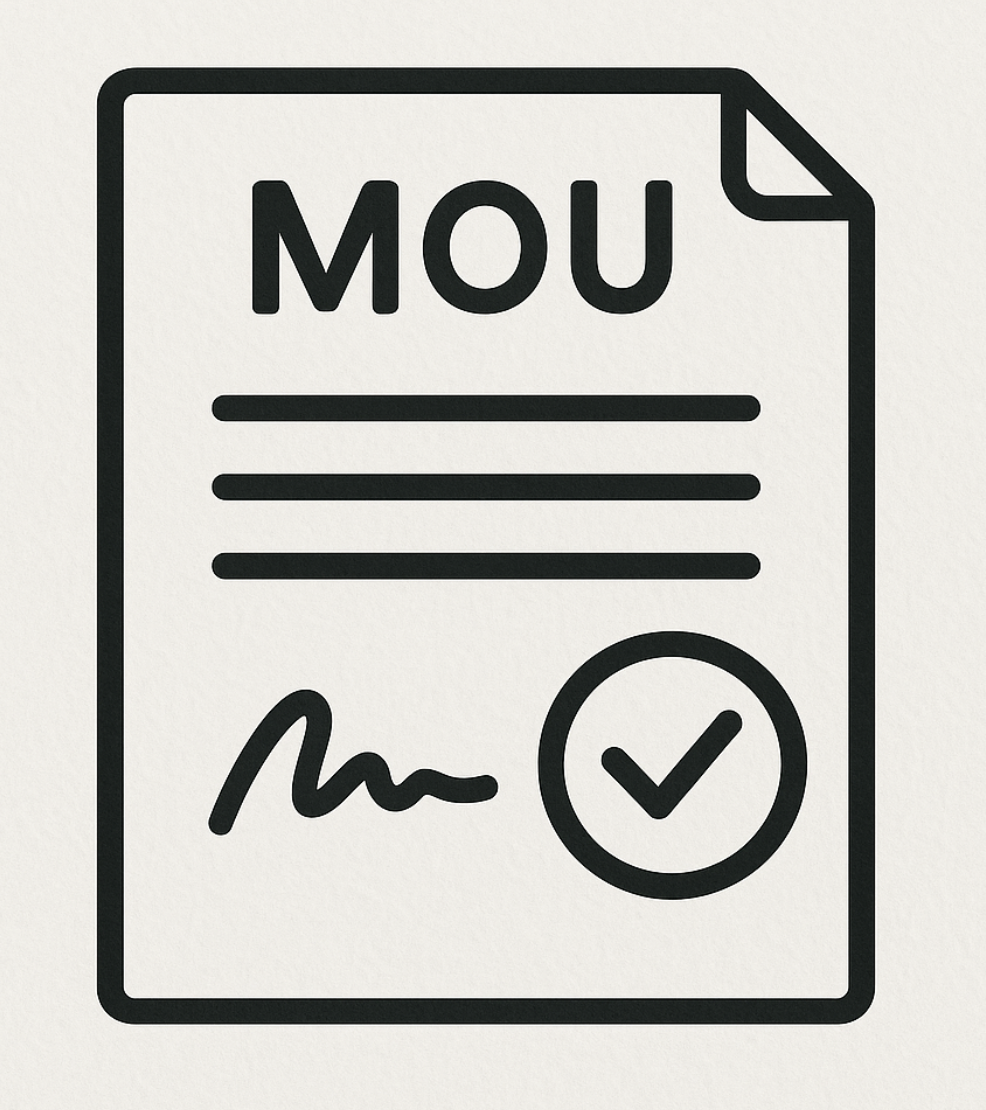PENERAPAN METODE PEMBELAJARAN DISKUSI DALAM PELATIHAN UNTUK PENINGKATAN BUILDING LEARNING COMMITMENT
DOI:
https://doi.org/10.18592/jtipai.v11i2.5067Abstract
ABSTRACTTraining is one part of non-formal education for adult education (andragogy) as well as a manifestation of the learning process in order to improve Building Learning Commitment the learning process in a training can run effectively, it requires an active spirit and attitude from the trainees in accepting and understanding learning materials, and facilitators are able to create a pleasant learning atmosphere. Given that training is an activity within the framework of the learning process, the existence of learning methods is something that plays an important role in achieving learning objectives in training so that there must be accuracy in the learning methods applied. In this case, discussion is an appropriate learning method applied in a training. Because with the discussion learning method, both the training participants and the facilitators are both active so that there is reciprocal interaction and the exchange of opinions and information.KEYWORDS: Learning Process; Building Learning Commitment; Training; Learning Methods. ABSTRAKPelatihan merupakan salah satu bagian dari pendidikan non formal bagi pendidikan orang dewasa (andragogi) serta sebagai perwujudan dari proses pembelajaran guna meningkatkan Building Learning Commitment proses pembelajaran dalam suatu pelatihan dapat berjalan secara efektif, maka diperlukan semangat dan sikap aktif dari peserta pelatihan dalam menerima dan memahami materi pembelajaran, dan fasilitator mampu menciptakan suasana pembelajaran yang menyenangkan. Mengingat pelatihan merupakan suatu kegiatan dalam rangka proses pembelajaran, maka keberadaan metode pembelajaran adalah suatu hal yang memegang peranan penting demi tercapainya tujuan pembelajaran dalam pelatihan sehingga harus ada ketepatan terhadap metode pembelajaran yang diterapkan. Dalam hal ini, diskusi merupakan metode pembelajran yang tepat diterapkan dalam suatu pelatihan. Karena dengan metode pembelajaran diskusi tersebut, baik peserta pelatihan maupun fasilitator sama-sama bersifat aktif sehingga terjadi interaksi timbal balik dan tukar-menukar pendapat serta informasi.KATA KUNCI: Proses Pembelajaran; Building Learning Commitment; Pelatihan; Metode Pembelajaran.References
Assyauqi, M. I. (2020). PENGEMBANGAN MODUL PEMBELAJARAN PAI BERBASIS DIGITAL UNTUK ANAK BERUSA DINI. Tarbiyah Islamiyah: Jurnal Ilmiah Pendidikan Agama Islam, 10(2), Article 2. https://doi.org/10.18592/jt
Dimyati, Mujiono. 2009. Belajar dan Pembelajaran. Jakarta : Rineka Cipta
Hamdani. 2011. Strategi Belajar Mengajar. Bandung : Setia Pustaka
Indonesia, R. 2014. Menteri Pendidikan dan Kebudayaan Republik Indonesia. 2013-2015.
Sanjaya, Wina. 2010. Strategi Pembelajaran Berorientasi Standar Proses Pendidikan. Jakarta : Prenada Media Group
Setiowati, E. et.al. 2018. Kebendayaan Masyarakat Desa Hutan Dalam Pelaksanaan Pengelolaan Sumber Daya Hutan Bersama Masyarakat (PH3M). jurnal Pendidikan Non Formal, II (2).
Sudjana, Nana. 2014. Dasar-Dasar Proses Belajar Mengajar. Bandung : Sinar Baru Algesindo
Sudijono. A. 2001. Pengantar Evaluasi-Pendidikan. Jakarta : Grafindo Persada
Sa’adah, Nilna. Keefektifan Building Learning Commitment Terhadap Konsentrasi Belajar Peserta Pelatihan. Jurnal Ilmu Pendidikan Non Formal : Aksara, Vol.06 No.03. September 2020
Trisnawati, A.A.L.A. 2009. Peranan Building Learning Commitment (BLC) Dalam Pendidikan dan Pelatihan (Diklat) Teknis Bagi Petugas Laboratorium Fasilitas Pelayanan Kesehatan Provinsi Nusa Tenggara Barat Tahun 2015.
Downloads
Published
How to Cite
Issue
Section
License
Authors who publish with this journal agree to the following terms:
- Authors retain copyright and grant the journal right of first publication with the work simultaneously licensed under a Creative Commons Attribution License that allows others to share the work with an acknowledgement of the work's authorship and initial publication in this journal.
- Authors are able to enter into separate, additional contractual arrangements for the non-exclusive distribution of the journal's published version of the work (e.g., post it to an institutional repository or publish it in a book), with an acknowledgement of its initial publication in this journal.
- Authors are permitted and encouraged to post their work online (e.g., in institutional repositories or on their website) prior to and during the submission process, as it can lead to productive exchanges, as well as earlier and greater citation of published work.










